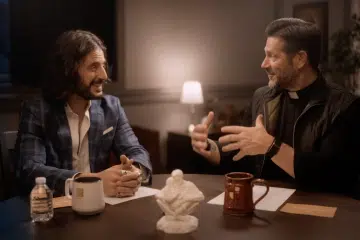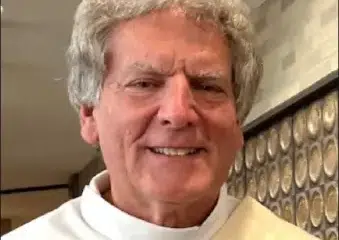Stuff Luke Carey Found: September
I am exhausted. That’s mostly due to the fact that I have a cold. But there’s another reason. I’m going to avoid specifics. It involves friends giving opinions I agree with, friends saying things I disagree with, enemies I find hard to love at times, and people who are aren’t paying attention because they have lives. What I’m trying to say is, Twitter exhausts me.
Game of Thrones is a massive TV show. It boasts a 95 percent score on Rotten Tomatoes and a 9.5 of 10 on IMDB. The TV shows and books it’s based on tell an epic story that, with regards to details and connective nuances, is on par with anything Tolkien (Lord of the Rings) wrote.
The show and to a lesser extent the books, are not without major faults. The show, especially during the first season, uses questionable taste during expository scenes to make the scenes more entertaining. Game of Thrones also contains moments of extreme violence on par with shows such as The Walking Dead.
As of this writing, Game of Thrones is in the middle of its seventh season. That means it’s now impossible to not encounter some heated debate about Game of Thrones on Twitter.
I am tired of it.
The debate comes down to one questions: “Is it morally permissible to watch Game of Thrones?” My good friend, podcaster Matt Frad, has devoted two episodes, numbers fifty-four and fifty-five on his Integrity Restored podcast, to discussing that question. Both of these episodes interview a guest with a different response. Both of the podcast episodes are fascinating, nuanced, thoughtful and worthy of your time if you are a fan of modern media. This is an example of people using faith and reason to have a much needed discussion. Podcasts are a fantastic medium for nuanced discussions.
To see the exact opposite, visit Twitter.
Game of Thrones is not the only example. More often than not, there’s a new hot topic of the day. One day it’s Game of Thrones, the next day it’s priest breakdancing at a youth conference, followed by a heated discussion on the latest comment from Pope Francis.
When everything is instantaneous — when we can say whatever, whenever, to whomever — it’s easy to lose sight of what we are saying. The emphasis ceases to be about what we saw. It becomes more important that we say something. And sometimes, we do not need to say anything at all.
The question on whether or not it is morally permissible to watch Game of Thrones is very important. Millions of people watch it. Modern social networks make is very easy to have this discussion. There’s a danger though when we forget that what we saying is just as important as how we say it. I’m all for bold statements. But it is not worth it when we forget that there’s a person on the other side of that statement.
Twitter Follow of the Month: Matt Fradd. I love this guy. He approaches the Game of Thrones debate with civility, respect and intelligence. Plus he’s Australian, so you know, he’s got that going for him. You can find Matt on Twitter at @MattFradd. Matt also has two amazing podcast, Integrity Restored, devoted towards overcoming pornography addiction and another called Pint with Aquinas, where breaks down the writings and ideas of St. Thomas Aquinas.
Luke Carey is the Director of the Office for Young Adult Evangelization and Discipleship for the
Archdiocese of Cincinnati.













